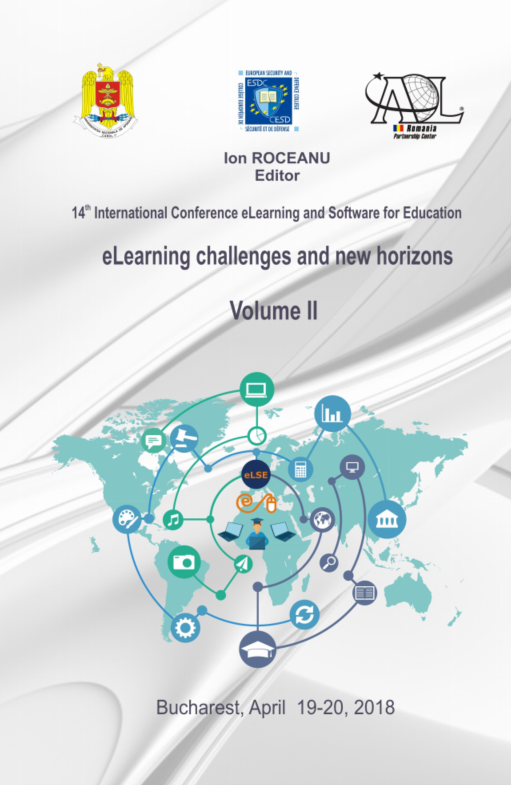Arduino-Based Projects in Physics Education
Arduino-Based Projects in Physics Education
Author(s): Marin OpreaSubject(s): Social Sciences, Education
Published by: Carol I National Defence University Publishing House
Keywords: Arduino; electromagnetic levitation; IR barrier; optical sensors;
Summary/Abstract: One of the most attractive and efficient ways of learning Physics consists in project-based learning. The development of applied Physics projects using the Arduino platform implies the correlation of interdisciplinary information from Physics-related domains: Mathematics, Informatics, Electronics and Technology. In this study we intend to illustrate two interesting didactic projects. The first one emphasizes the electromagnetic force and provides a practical model of applying it: the stabilised levitation of a ferromagnetic object using an infrared barrier. The second one highlights the functioning of the optical sensors and their use for creating a musical instrument without chords: the laser harp. In order to develop the first project we constructed an electromagnet capable of generating an attraction force sufficiently powerful to make a ferromagnetic object suspended in the air levitate. The main practical problem consisted in stabilising the position of the object, so that a dynamic equilibrium between the electromagnetic force and the gravity force could be reached. This was solved with the help of an infrared barrier capable of stabilising the small oscillations of the body by continuously modifying the intensity level of the current through the electromagnet and implicitly of its attraction force. The second project was performed in two versions. During the first one we used lasers in the red domain of the visible spectrum, which were placed on a rectangular frame whose beams fell exactly on the optical sensors. In the second version the lasers were replaced by tiny flashlights having a wide range emission in the visible spectrum. The two types of projects fully confirmed didactic their importance. The students grasped a better understanding of the physical phenomena described in their school projects and approached the study of Sciences in an integrated way, while amplifying their teamwork capacity, practical skills, imagination and creativity.
Journal: Conference proceedings of »eLearning and Software for Education« (eLSE)
- Issue Year: 14/2018
- Issue No: 02
- Page Range: 107-113
- Page Count: 7
- Language: English

